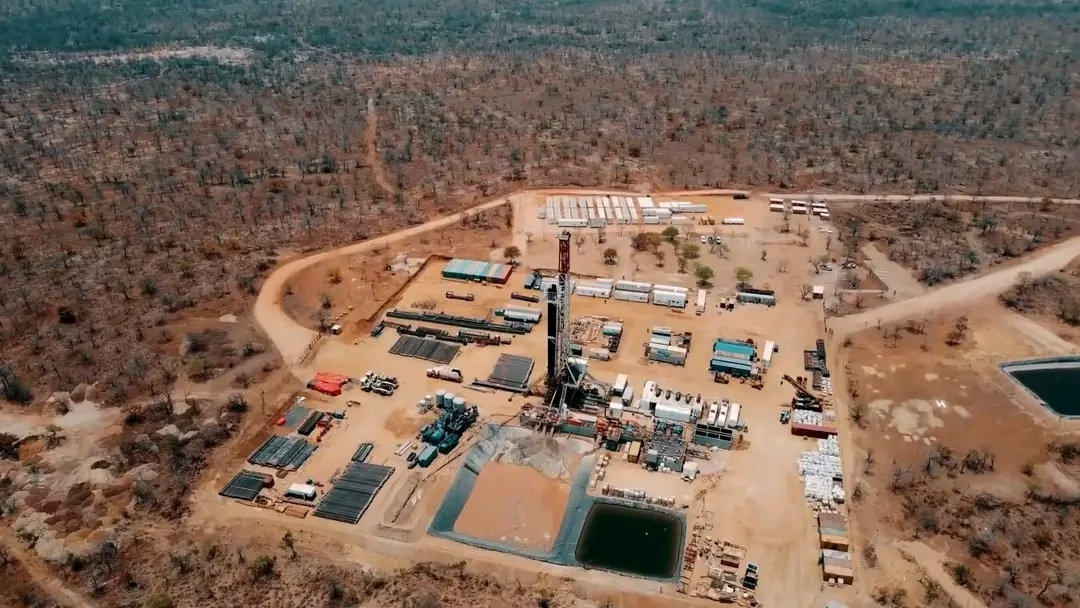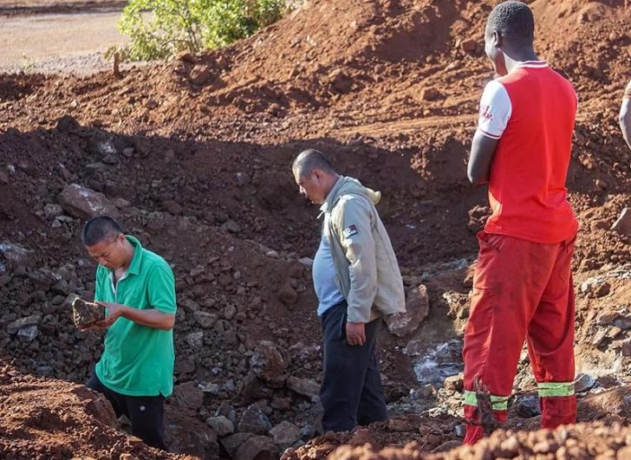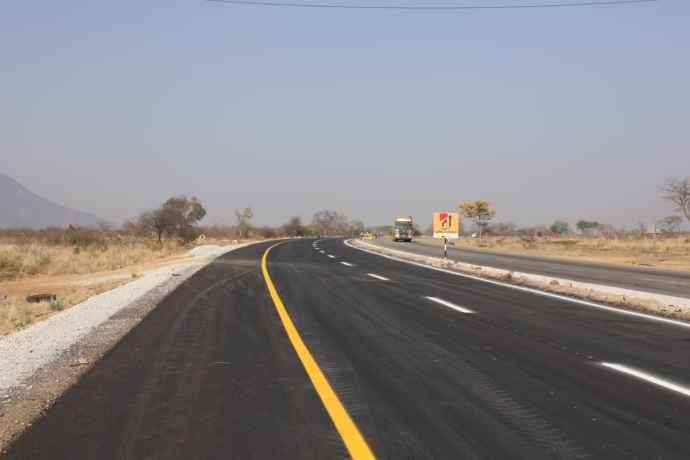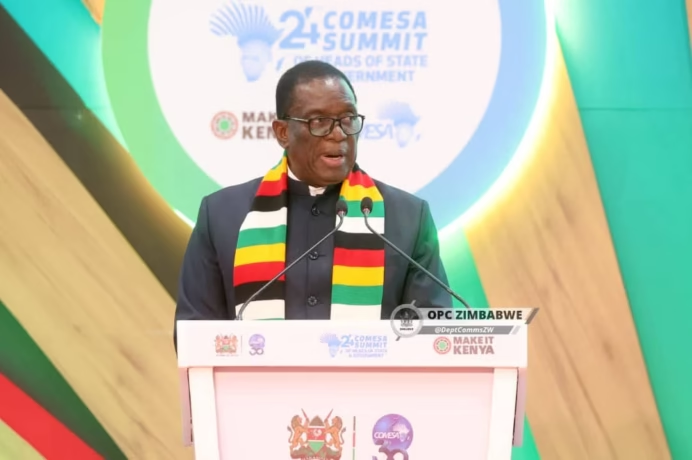
Harare, The Muzarabani Oil and Gas project is entering a new phase of implementation following the finalisation of a consolidated Production and Profit-Sharing Agreement between the government and Invictus Energy, a development that underscores Zimbabwe’s ambition to harness domestic hydrocarbon resources.
This Tuesday, the Cabinet confirmed that the consolidated Petroleum Production Sharing Agreement and Petroleum Exploration and Production Agreement for the Muzarabani Oil and Gas Project has been formalised, granting the venture National Project Status. The designation reflects the strategic importance of the project to Zimbabwe’s energy security, economic growth, and industrialisation agenda.
Invictus Energy has welcomed the milestone, signalling readiness to advance exploration activities. “We are now progressing with our next activity in the field, which will be the drilling of the Masomo One well that is targeting a gas prospect in the east on trend with the Mukuyu gas discovery that we made in the back end of 2023. We are looking to unlock some additional resources. We are preparing to commence drilling and we have ordered a number of long leads for this programme,” said Invictus Energy Managing Director, Scott MacMillan.
Exploration undertaken in collaboration with Geo-Associates has already confirmed the presence of oil and gas in the Muzarabani Basin, providing a foundation for the country’s first commercial gas production. Since being granted approval in 2018, Invictus Energy has executed an aggressive programme, acquiring 1,400km of 2D seismic data and drilling two wildcat wells, culminating in the Mukuyu gas-condensate discovery in late 2023.
The formalisation of the Production and Profit-Sharing Agreement is expected to deliver mutual benefits, combining the investor’s technical expertise and capital with Zimbabwe’s resource ownership and regulatory framework. Beyond energy production, the project holds the potential to spur downstream industrial development, create jobs, and catalyse economic activity in the Muzarabani region and beyond.
With drilling activities set to resume shortly, the Muzarabani Oil and Gas Project represents a concrete step toward reducing Zimbabwe’s reliance on imported energy, while positioning the country to participate more competitively in the regional energy market. The project signals a broader vision in which domestic resource development is not just about extraction, but about building a platform for industrialisation, technological transfer, and long-term energy security.




